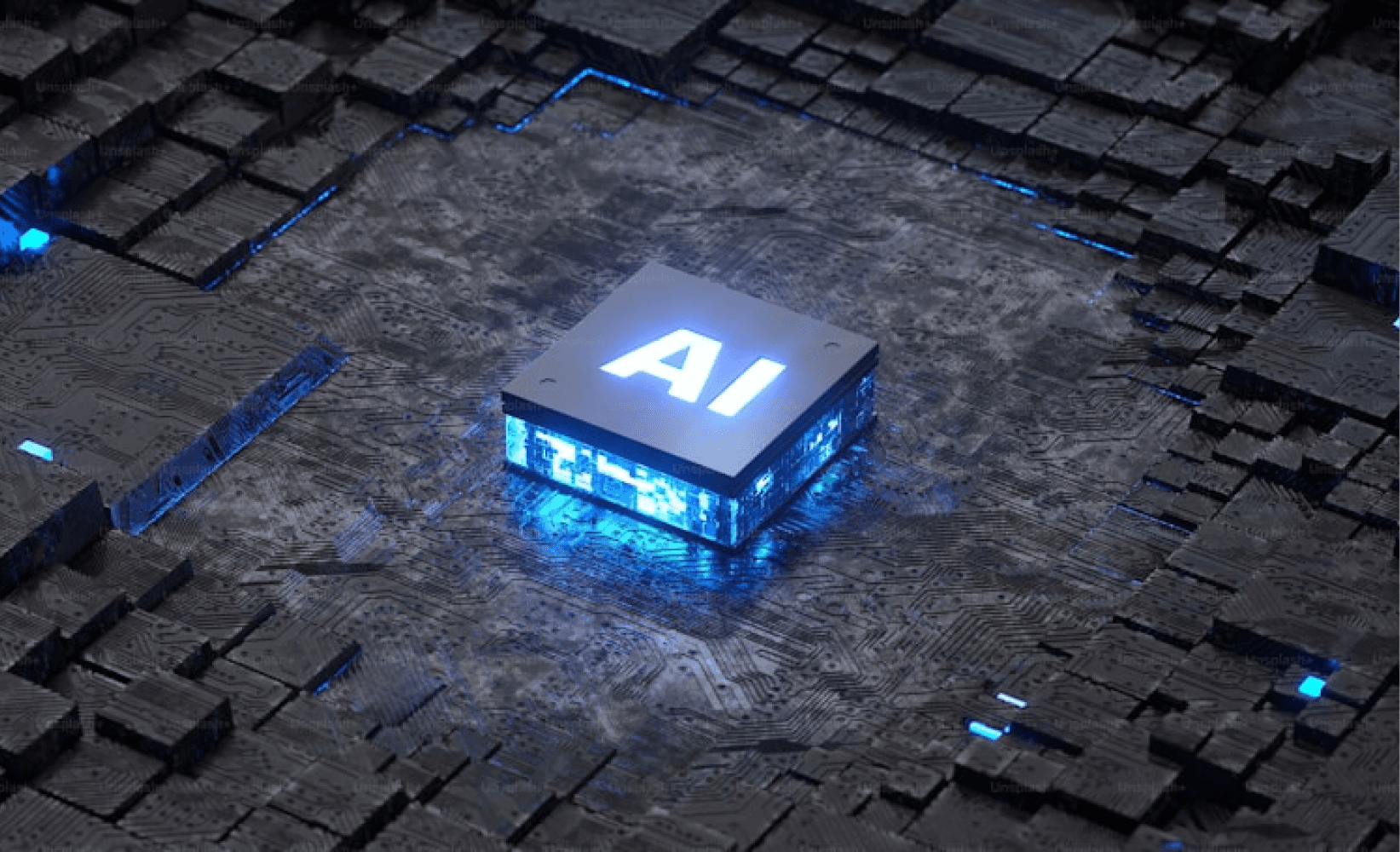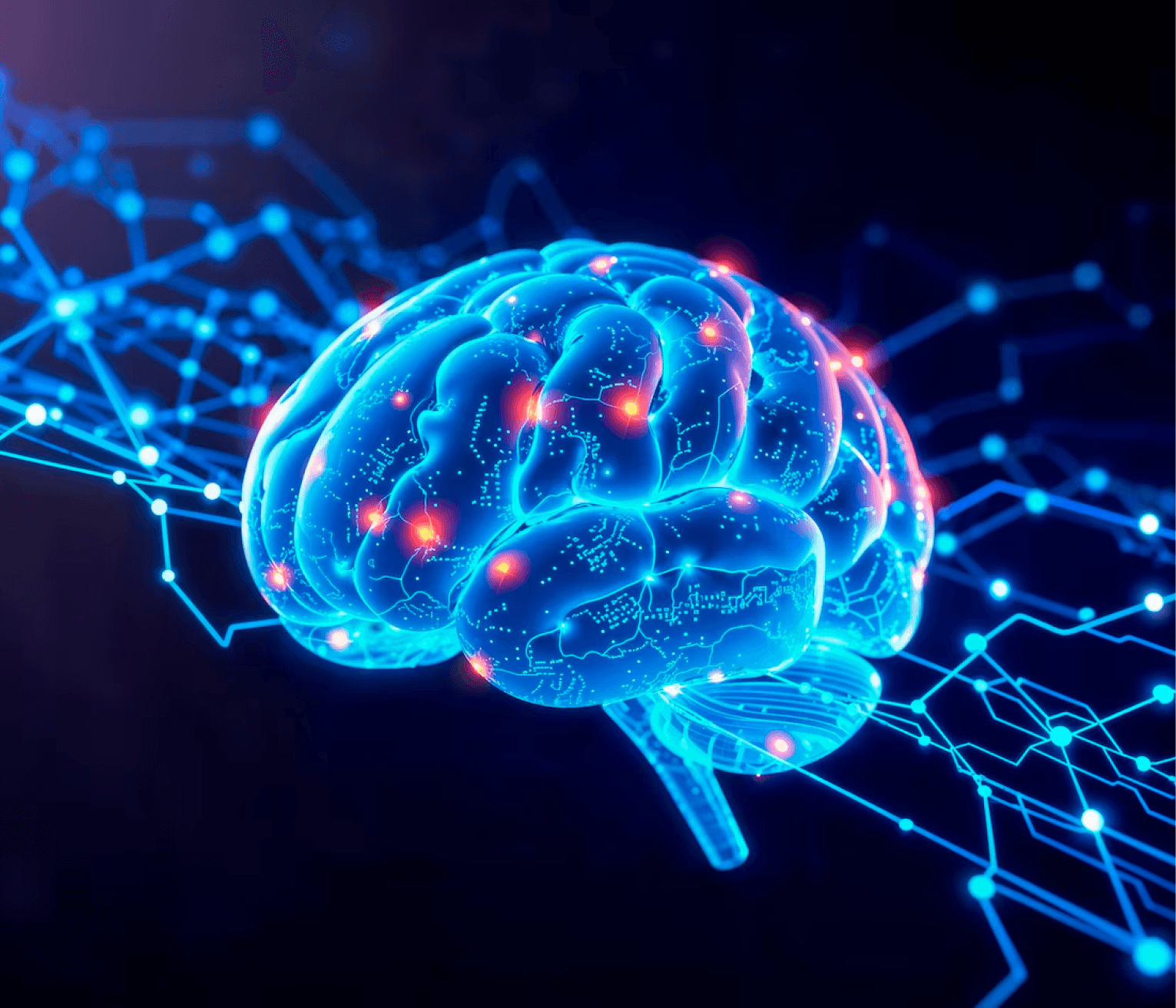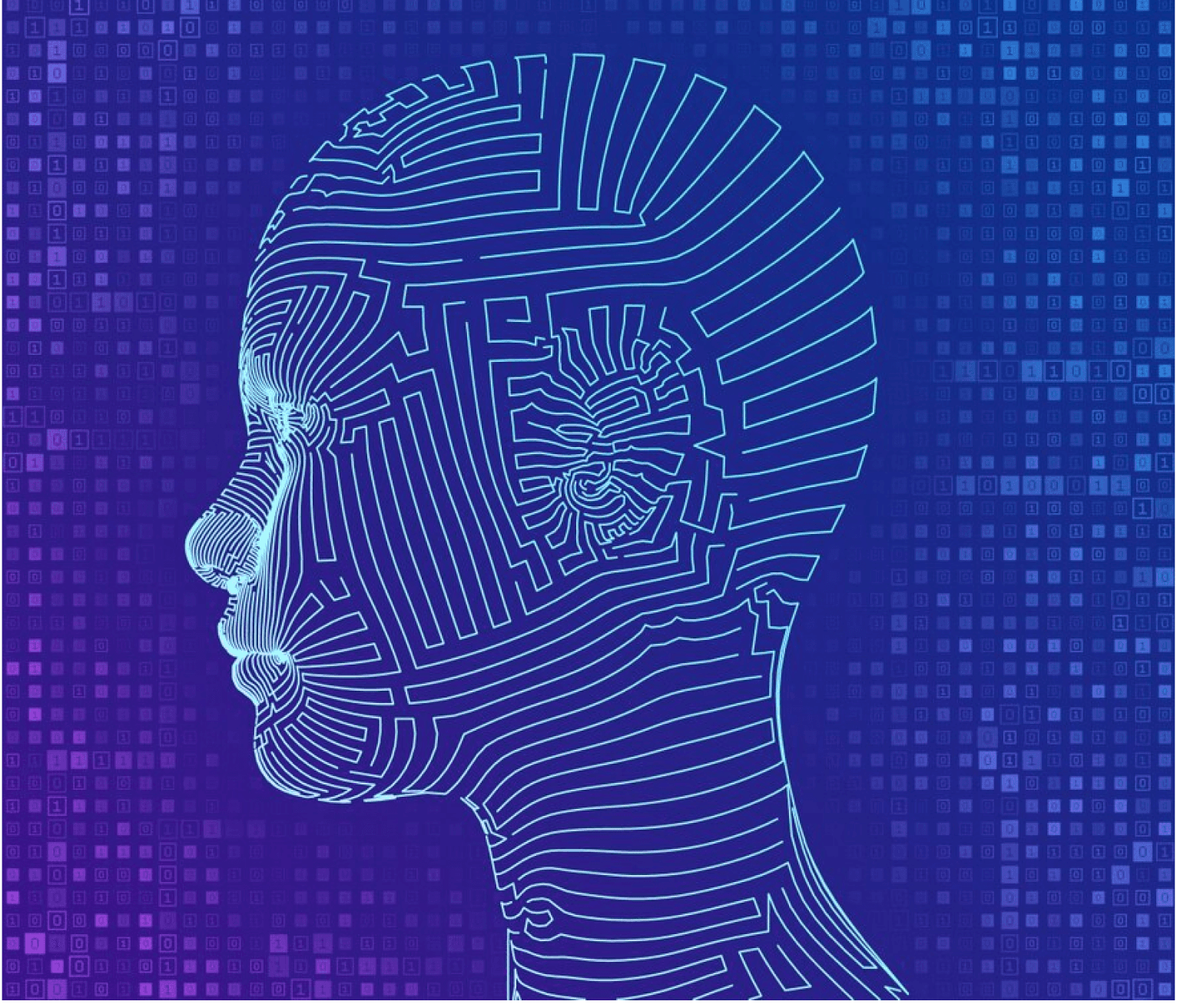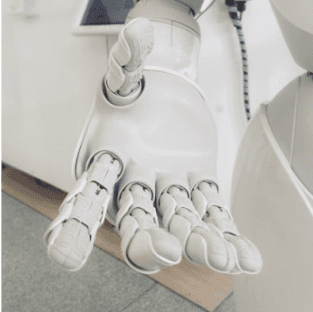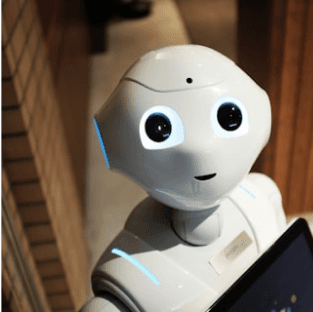
Technology
The Future of Workflow Automation with AI
Sep 3, 2024
Amanda Collins
Expected reading time 10 mins
Introduction
Workflow automation is no longer a luxury—it’s a necessity for businesses aiming to stay competitive in a fast-paced, digital world. AI-powered automation takes this concept to a whole new level, offering advanced capabilities that streamline operations, reduce manual tasks, and optimize decision-making. In this blog, we’ll explore the future of workflow automation with AI and how it can transform the way businesses operate.
What is AI-Powered Workflow Automation?
AI-powered workflow automation refers to the use of artificial intelligence to automate repetitive tasks, enhance decision-making, and drive efficiency. With AI, businesses can now automate processes beyond simple rule-based actions—AI can learn, adapt, and improve as it processes more data.
What is AI-Powered Workflow Automation?
AI-powered workflow automation refers to the use of artificial intelligence to automate repetitive tasks, enhance decision-making, and drive efficiency. With AI, businesses can now automate processes beyond simple rule-based actions—AI can learn, adapt, and improve as it processes more data.
Reduced Manual Work: AI takes over repetitive tasks, freeing employees to focus on more strategic activities.
Faster Task Completion: Automation speeds up processes, reducing delays and bottlenecks.
Predictive Insights: AI can predict workflow inefficiencies and optimize them before they become problems.
Real-Life Use Cases of AI Workflow Automation
Explore real-world examples of businesses leveraging AI to automate workflows and achieve significant improvements in efficiency, accuracy, and decision-making.
AI in Customer Support
Automating customer support processes with AI-powered chatbots, reducing response times and improving customer satisfaction.AI in Financial Services
AI automates repetitive tasks like data entry, fraud detection, and compliance monitoring, ensuring accuracy and reducing manual labor.
The Future of AI in Workflow Automation: What’s Next?
As AI technology continues to evolve, we can expect even more advanced capabilities in workflow automation. From fully autonomous systems that require minimal human oversight to AI that can predict workflow bottlenecks before they happen, the future is bright for businesses that embrace AI.
AI-Driven Process Optimization
AI will not only automate workflows but continuously analyze and improve them in real-time.Cross-Industry Applications
More industries, from healthcare to logistics, will leverage AI-powered automation to streamline operations.
Conclusion
The future of workflow automation is AI-driven. By automating complex processes and providing real-time insights, AI helps businesses operate more efficiently, improve decision-making, and scale faster. NeuraFlow is leading this revolution, empowering businesses with customizable AI automation solutions tailored to their unique needs
Search Post

